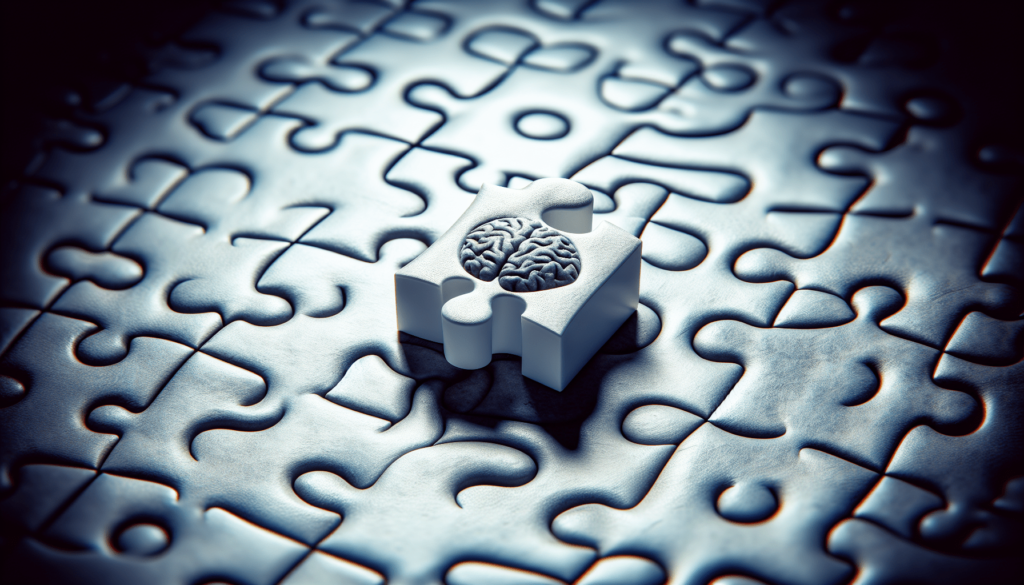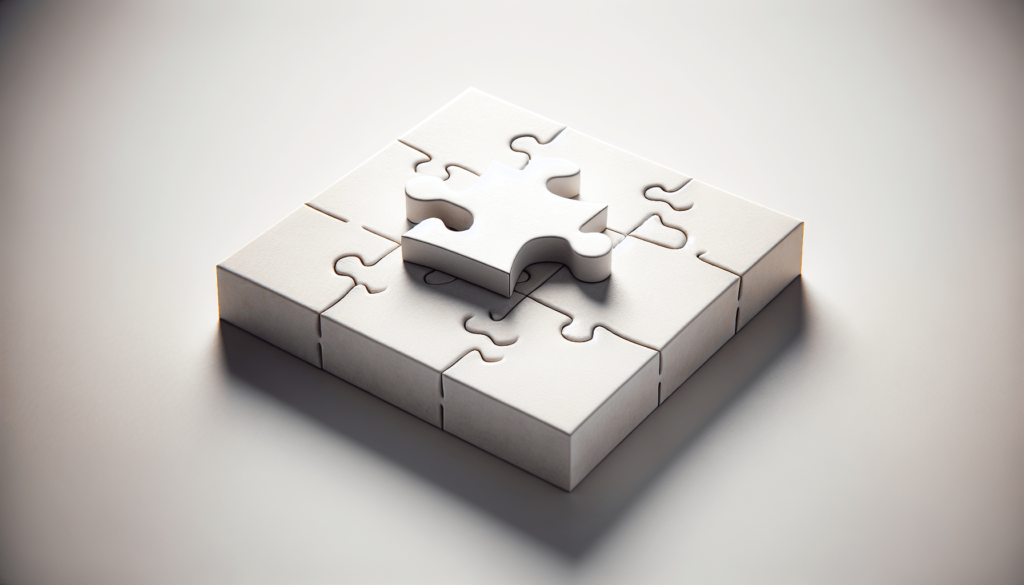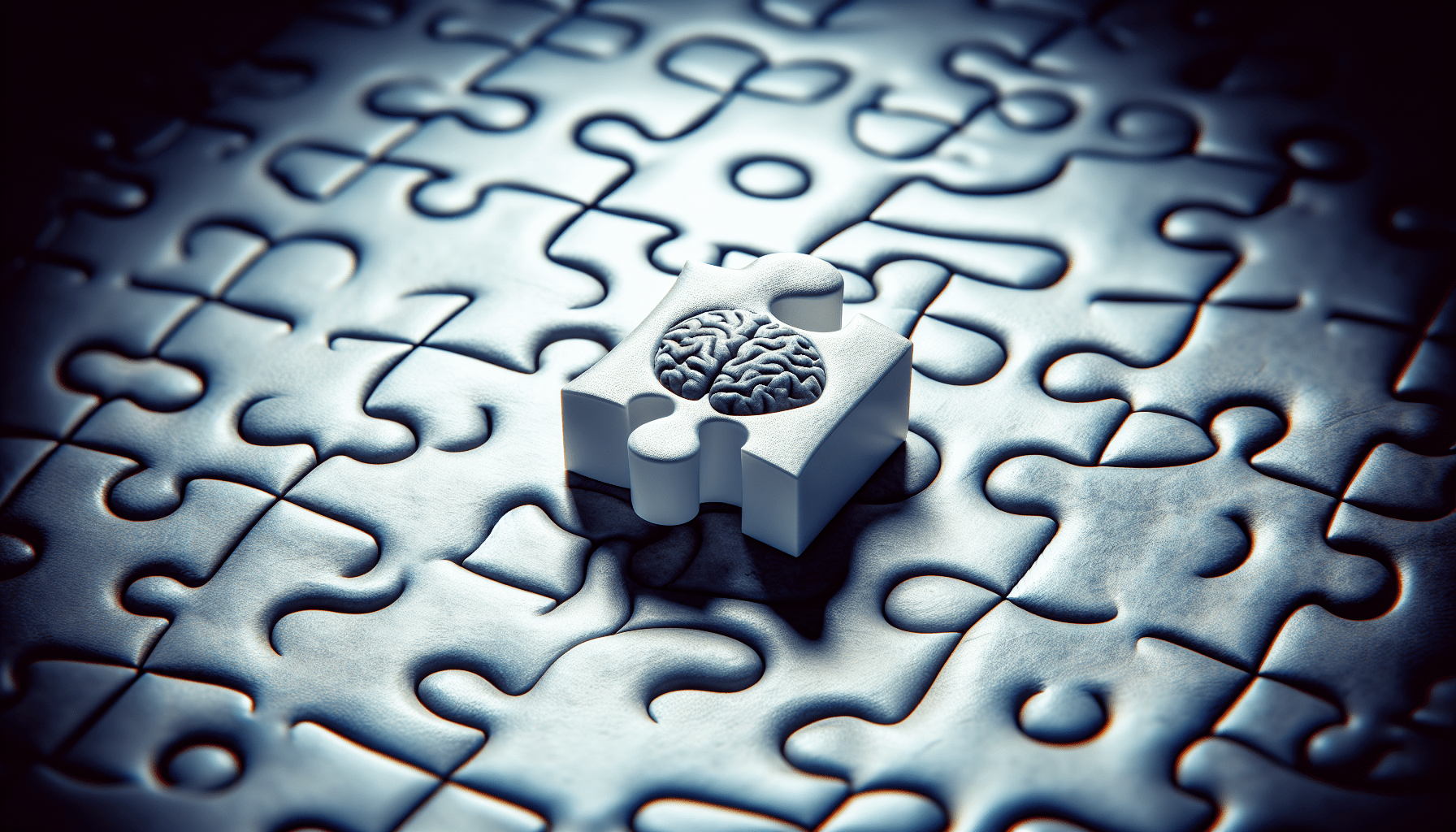Imagine reaching your 50s, a time of wisdom and experience, only to find yourself forgetting where you left your car keys or struggling to recall a colleague's name. It may seem disconcerting, but fear not! In this article, we unravel the mysteries behind memory decline in your 50s. We'll explore the common experiences, potential causes, and most importantly, arm you with practical tips to keep your memory sharp and vibrant throughout this stage of life. Embark on this enlightening journey as we delve into the fascinating world of memory decline and unlock the secrets to maintaining a razor-sharp mind.
Defining Memory Decline
What is memory decline?
Memory decline refers to the natural changes in memory function that occur as we age. It is a normal part of the aging process and can vary from person to person. Memory decline can affect different aspects of memory, including the ability to recall information, remember details, and retain new information. While some memory decline is expected as we get older, it is important to distinguish between normal age-related changes and more serious conditions like dementia.
Different types of memory explained
Memory is a complex process that involves different types of memory. The two main types of memory are short-term memory and long-term memory. Short-term memory allows us to hold and manipulate information for a brief period, while long-term memory allows us to store and retrieve information over a longer period of time. Within long-term memory, there are further subdivisions, including episodic memory (memory of specific events), semantic memory (general knowledge), and procedural memory (memory of how to do things). Understanding these different types of memory can help in identifying specific changes and challenges associated with memory decline.
Understanding The Aging Process and Memory
How aging affects memory
Aging can impact memory in various ways. One common change is a decline in processing speed, which means it may take longer to encode or retrieve information. Additionally, there may be a decrease in working memory capacity, making it more challenging to hold multiple pieces of information simultaneously. Another change is a decrease in episodic memory, particularly for the details of recent events. These age-related changes are typically mild and do not significantly impact daily functioning.
When does memory decline begin?
Memory decline can begin as early as our 30s, but it becomes more noticeable and prevalent in our 50s. This is a time when many individuals start experiencing subtle changes in their memory. While these changes are often a normal part of aging, it is important to monitor them and seek professional advice if there are concerns about significant memory decline.
Specific Memory Changes In Your 50s
What to expect from your memory in your 50s
In your 50s, you may notice some specific changes in your memory. For example, you may have more difficulty recalling names or details of recent conversations. Some individuals also find it harder to remember where they placed items or to multitask effectively. These changes are often a result of age-related declines in memory function, but it's important to remember that they can vary from person to person.
Distinguishing between normal memory loss and dementia
It is vital to distinguish between normal memory loss associated with aging and more severe cognitive decline, such as dementia. While occasional memory lapses or forgetfulness are generally normal, persistent and consistent difficulties with memory, problem-solving, communication, orientation, and mood may indicate a more significant issue. Consulting with a healthcare professional can provide a proper diagnosis and guidance on available support and treatment options.
Common Symptoms of Memory Decline
Common signs of memory decline in your 50s
Some common signs of memory decline in your 50s include forgetting names or recent conversations, misplacing frequently used items, having difficulty recalling recent events, and experiencing challenges with multitasking or learning new information. It is important to note that occasional memory lapses are generally within the range of normal, but if these symptoms become more frequent or interfere with daily life, seeking professional evaluation is advisable.
How to distinguish between normal forgetfulness and memory decline
Differentiating between normal forgetfulness and memory decline can be challenging. However, a crucial factor to consider is the impact on daily life. If occasional forgetfulness does not significantly hinder your ability to stay organized, manage tasks, or communicate effectively, it is likely within the realm of normal age-related changes. Conversely, memory decline will typically present more consistent and disruptive challenges in these areas. If in doubt, consulting with a healthcare professional can provide clarity and appropriate guidance.

Causes of Memory Decline in Your 50s
Physical causes of memory decline
In your 50s, memory decline can be influenced by various physical factors. Hormonal changes, such as menopause in women, can impact memory function. Additionally, changes in brain structure and function, including reduced blood flow and decreased volume in certain brain regions, can contribute to memory changes. Chronic health conditions, such as hypertension, diabetes, or cardiovascular disease, may also affect memory. Furthermore, certain medications or interactions between medications can have cognitive side effects that impact memory.
Psychological causes of memory decline
Psychological factors can also play a role in memory decline. Chronic stress, anxiety, and depression can affect memory function. These psychological conditions can impact attention, concentration, and the ability to encode and retrieve information effectively. Additionally, sleep disturbances, such as insomnia or sleep apnea, can interfere with memory consolidation, leading to difficulties in remembering information.
Effects of Memory Decline on Day-to-Day Life
How memory decline can interfere with daily activities
Memory decline can interfere with various day-to-day activities. Forgetting important appointments or tasks, misplacing items, or experiencing difficulty in recalling familiar routes can disrupt daily routines. Effective planning, organization, and time management may become more challenging. These difficulties can lead to frustration and stress, impacting overall quality of life if not addressed or managed appropriately.
Impact of memory decline on a career
Memory decline can also impact one's professional life. Struggles with remembering important details, deadlines, or instructions may affect job performance and productivity. Difficulties in learning new skills or adapting to change efficiently can hinder career growth. Establishing strategies to compensate for memory challenges, seeking accommodations when necessary, and maintaining open communication with supervisors can help mitigate the impact on a career.

How Hormonal Changes Impact Memory
Effects of menopause on memory
Menopause is a significant hormonal transition that can affect memory. The fluctuation of hormone levels, particularly estrogen, during menopause can lead to cognitive changes. Some women may experience difficulties with memory, attention, and verbal fluency during this time. However, the effects of menopause on memory are variable and differ among individuals. Maintaining a healthy lifestyle, engaging in cognitive activities, and seeking medical advice may help manage memory changes associated with menopause.
Role of testosterone in men's memory
Testosterone, primarily known as a male sex hormone, also plays a role in memory function. Studies have suggested that testosterone levels may impact specific aspects of memory, including spatial memory and verbal memory. Low testosterone levels in men, often associated with aging, may contribute to memory decline. However, further research is needed to fully understand the complex relationship between testosterone and memory. Maintaining overall health and discussing concerns with a healthcare professional are crucial for men seeking to preserve memory function.
How Lifestyle Factors Affect Memory Performance
Impacts of diet and exercise on memory
Diet and exercise have been shown to have a significant impact on memory performance. A healthy, balanced diet rich in fruits, vegetables, whole grains, lean proteins, and healthy fats can support brain health. Regular physical exercise, such as aerobic activities or strength training, improves blood flow to the brain and promotes the release of beneficial neurochemicals. Both diet and exercise contribute to overall well-being and can help maintain cognitive function.
Effects of stress and sleep on memory
Stress and sleep have a profound influence on memory. Chronic stress can impair memory retrieval and impair the ability to concentrate and focus. Poor sleep quality or insufficient sleep can affect memory consolidation and overall cognitive function. Adopting stress-management techniques, practicing good sleep hygiene, and creating a relaxing bedtime routine can help minimize the impact of stress and sleep disturbances on memory.

Preventing and Slowing Memory Decline
Lifestyle changes to improve memory
Several lifestyle changes can support memory function and potentially slow down memory decline. Engaging in regular physical exercise, maintaining a healthy diet, managing stress effectively, and getting sufficient sleep are essential for optimal memory performance. Engaging in mentally stimulating activities, such as puzzles, reading, or learning new skills, can also contribute to brain health. Choosing to engage in these lifestyle changes can promote overall well-being and support cognitive health.
Brain exercises to keep memory sharp
In addition to lifestyle changes, engaging in specific brain exercises can help keep memory sharp. These exercises can include activities like puzzles, memory games, learning a new language, or practicing mindfulness. Such activities challenge various cognitive processes and help maintain memory function. Incorporating these exercises into daily routines can contribute to overall cognitive health and potentially slow down memory decline in your 50s.
When to Seek Help
Warning signs of a more serious memory problem
While some memory decline is expected with aging, certain warning signs may indicate a more serious memory problem that requires professional attention. These signs may include significant and persistent memory loss, confusion, difficulty with familiar tasks, changes in mood or personality, or issues with communication. It is crucial to promptly seek medical advice if these warning signs are present to receive a proper evaluation, diagnosis, and appropriate care.
Resources and support for people experiencing memory decline
For individuals experiencing memory decline, there are resources and support available to aid in managing the challenges associated with memory loss. Support groups, both in-person and online, offer opportunities to connect with others going through similar experiences. Memory clinics, healthcare professionals, and specialists can provide guidance, assessment, and treatment options. Additionally, memory improvement programs and cognitive rehabilitation strategies can help individuals enhance their memory skills and adapt in their daily lives.
In conclusion, memory decline in your 50s is a common part of the aging process. While some memory changes are expected and normal, it is important to recognize the signs of more significant decline and seek appropriate help when needed. By understanding the various causes and effects of memory decline, making positive lifestyle changes, engaging in brain exercises, and seeking support, you can actively work towards preserving and improving your memory function as you age. Remember, it's never too late to take care of your brain and prioritize your cognitive well-being.



